Browse
By Subject: Food & Nutrition
View: By Date | Alphabetical | eBooks | Paperbacks
-
eBook available
 Published September 2021
Published September 2021 Bigger Fish to Fry
A Theory of Cooking as Risk, with Greek Examples
Sutton, D. E.
What defines cooking as cooking, and why does cooking matter to the understanding of society, cultural change and everyday life? This book explores these questions by proposing a new theory of the meaning of cooking as a willingness to put oneself and one’s meals at risk on a daily basis, with examples from the author's fieldwork in Greece.
Subjects: Food & Nutrition Anthropology (General) Cultural Studies (General)
Hb
Paperback available -
eBook available
 Published April 2018
Published April 2018 Burgundy
The Global Story of Terroir
Demossier, M.
Drawing on more than twenty years of fieldwork, this book explores the professional, social and cultural world of Burgundy wines and demystifies the terroir ideology to provide a unique long-term ethnographic analysis of what lies behind the concept in Burgundy, raising important questions about the future of quality wine in a global era.
Subjects: Anthropology (General) Food & Nutrition Cultural Studies (General)
Hb
Paperback available -
eBook available
 Published December 2007
Published December 2007 Consuming the Inedible
Neglected Dimensions of Food Choice
MacClancy, J., Henry, C. Jeya & Macbeth, H. (eds)
Subjects: Food & Nutrition Anthropology (General)
Hb
Paperback available -
 Published December 2001
Published December 2001 Drinking
Anthropological Approaches
Garine, I. & V. de (eds)
Subjects: Food & Nutrition Anthropology (General)
Hb
Paperback available -
eBook available
 Published September 2022
Published September 2022 Edible People
The Historical Consumption of Slaves and Foreigners and the Cannibalistic Trade in Human Flesh
Siefkes, C.
While human cannibalism has attracted considerable notice and controversy, certain aspects of the practice have received scant attention. These include the connection between cannibalism and xenophobia: the capture and consumption of unwanted strangers. Likewise ignored is the connection to slavery: the fact that in some societies slaves and persons captured in slave raids could be, and were, killed and eaten. This book explores these largely forgotten practices and ignored connections.
Subjects: Food & Nutrition Anthropology (General) Colonial History
Hb -
eBook available
 Published March 2023
Published March 2023 Feeding Anxieties
The Politics of Children's Food in Poland
Boni, Z.
Focusing on the underlying politics behind children’s food, this book highlights the variety of social relationships, expectations and emotions ingrained in feeding children In Poland. With rich ethnographic accounts, including research with children, the book demonstrates how families, schools, the food industry and state agencies shape and experience feeding anxieties.
Subjects: Food & Nutrition Anthropology (General) Sociology
Hb -
eBook available
 Published April 2024
Published April 2024 Food and Families in the Making
Knowledge Reproduction and Political Economy of Cooking in Morocco
Graf, K.
Food and Families in the Making looks at knowledge reproduction about how we know cooking and its role in the making of everyday family life. It also examines a political economy of cooking that situates Marrakchi women’s lived experience in the broader context of persisting poverty and food insecurity in Morocco.
Subjects: Food & Nutrition Anthropology (General) Cultural Studies (General)
Hb -
eBook available
 Published June 2019
Published June 2019 Food and Sustainability in the Twenty-First Century
Cross-Disciplinary Perspectives
Collinson, P., Young, I., Antal, L., & Macbeth, H. (eds)
Sustainability is one of the great problems facing food production today. Using cross-disciplinary perspectives from international scholars working in social, cultural and biological anthropology, ecology and environmental biology, this volume brings many new perspectives to the problems we face.
Subjects: Food & Nutrition Anthropology (General) Sustainable Development Goals
Hb
Paperback available -
 Published May 1996
Published May 1996 Food and the Status Quest
An Interdisciplinary Perspective
Wiessner, P. & Schiefenhövel, W. (eds)
Subjects: Food & Nutrition Anthropology (General)
Hb
Paperback available -
 Published October 2025
Published October 2025 Food Beyond Terroir
Tasting Place and Placing Taste in Global Perspective
Colquhoun, A. & Graf, K. (eds)
Through diverse ethnographic case studies, leading food scholars examine the meaning and making of place and taste. In doing so, the book challenges unsettling terroir-inspired notions of a fixed taste of place and pushes the boundaries of what we think we know about their connections.
Subjects: Food & Nutrition Political and Economic Anthropology Anthropology (General)
-
eBook available
 Published May 2022
Published May 2022 Food Connections
Production, Exchange and Consumption in West African Migration
Abranches, M.
Food Connections follows the movement of food from its production sites in West Africa to its final spaces of consumption in Europe. It is an ethnographic study of economic and social life amongst a close-knit community of food producers, traders andconsumers and a wide range of small intermediaries that operate in Guinea-Bissau and Portugal.
Subjects: Food & Nutrition Anthropology (General) Refugee and Migration Studies
Hb -
eBook available
 Published February 2017
Published February 2017 Food Culture
Anthropology, Linguistics and Food Studies
Chrzan, J. & Brett, J. (eds)
This volume offers a comprehensive guide to methods used in the sociocultural, linguistic and historical research of food use. This volume is unique in offering food-related research methods from multiple academic disciplines, and includes methods that bridge disciplines to provide a thorough review of best practices.
Subjects: Anthropology (General) Food & Nutrition
Hb
Paperback available -
 Published September 2000
Published September 2000 Food for Health, Food for Wealth
Ethnic and Gender Identities in British Iranian Communities
Harbottle, L.
Subjects: Food & Nutrition Anthropology (General)
Hb
Paperback available -
eBook available
 Published February 2017
Published February 2017 Food Health
Nutrition, Technology, and Public Health
Chrzan, J. & Brett, J. (eds)
This volume provides in-depth analysis and comprehensive review of methods necessary to design, plan, implement and analyze public health programming related to food and nutrition using anthropological best practices.
Subjects: Anthropology (General) Food & Nutrition
Hb
Paperback available -
eBook available
 Published September 2014
Published September 2014 Food in Zones of Conflict
Cross-Disciplinary Perspectives
Collinson, P. and Macbeth, H. (eds)
Controlling food and access to food can be used as a weapon. This is an especially significant issue in zones of conflict, because conflict impinges on the production and the distribution of food causing increased competition for food, land and resources. These themes unite the chapters of Food in Zones of Conflict, but since the topic is multidisciplinary, this volume appeals specialists in any field.
Subjects: Peace and Conflict Studies Food & Nutrition Anthropology (General)
Hb
Paperback available -
 Published November 1997
Published November 1997 Food Preferences and Taste
Continuity and Change
Macbeth, H.
Subjects: Food & Nutrition Anthropology (General)
Hb
Paperback available -
eBook available
 Published January 2017
Published January 2017 Food Research
Nutritional Anthropology and Archaeological Methods
Chrzan, J. & Brett, J. (eds)
Biocultural and archaeological research on food, past and present, often relies on very specific, precise, methods for data collection and analysis. These are presented here in a broad-based review.
Subjects: Anthropology (General) Food & Nutrition Archaeology
Hb
Paperback available -
eBook available
 Published November 2025
Published November 2025 Food, Culture and Society in India
Social, Political, Economic and Cultural Perspectives
Patgiri, R. & Lalli, G. (Eds.)
Bringing together empirical research from across India, this volume examines how food intersects with identity, migration, livelihood and media. It offers interdisciplinary insights into the cultural, political and social dimensions of food in contemporary Indian life.
Subjects: Food & Nutrition Sociology Anthropology (General)
Hb -
eBook available
 Published January 2012
Published January 2012 Foodscapes, Foodfields, and Identities in the YucatÁn
Ayora-Diaz, S. I.
Subjects: Food & Nutrition Anthropology (General)
Hb -
eBook available
 Published July 2013
Published July 2013 Foodways and Empathy
Relatedness in a Ramu River Society, Papua New Guinea
Poser, A. von
Subjects: Food & Nutrition Anthropology (General)
Hb
Paperback available -
 Published November 2017
Published November 2017 From Clans to Co-ops
Confiscated Mafia Land in Sicily
Rakopoulos, T.
From Clans to Co-ops explores the social, political, and economic relations that enable the constitution of cooperatives through antimafia transformation of landholdings. The volume is the first monograph on Sicily’s rural antimafia movement, contributing to the anthropology and sociology of cooperatives, as well as to broader debates about small-scale democratic institutions, food movements and agrarian activism.
Subjects: Anthropology (General) Political and Economic Anthropology Food & Nutrition
Paperback available -
 Published March 2015
Published March 2015 From Virtue to Vice
Negotiating Anorexia
O' Connor, R. A. & Esterik, P. van
The recovered hold the key to overcoming anorexia. This volume weaves together sufferers’ stories to reveal two accidental afflictions: misdirected development and an activity disorder. Also, as the recovered know anorexia from the inside, they can offer solutions to help other sufferers recover.
Subjects: Medical Anthropology Food & Nutrition
Hb -
 Published April 2013
Published April 2013 Greek Whisky
The Localization of a Global Commodity
Bampilis, T.
Subjects: Food & Nutrition Anthropology (General)
Hb -
 Published October 2016
Published October 2016 The Heritage Arena
Reinventing Cheese in the Italian Alps
Grasseni, C.
The Heritage Arena describes the ways in which cheese has been reinvented as a form of cultural heritage through the negotiation and competition of many actors, including cheese-makers, merchants, and Slow Food activists.
Subjects: Anthropology (General) Food & Nutrition
Hb -
eBook available
 Published December 2010
Published December 2010 Human Diet and Nutrition in Biocultural Perspective
Past Meets Present
Moffat, T. & Prowse, T. (eds)
Subjects: Food & Nutrition Anthropology (General) Archaeology
Hb -
eBook available
 Published May 2011
Published May 2011 Liquid Bread
Beer and Brewing in Cross-Cultural Perspective
Schiefenhövel, W. and Macbeth, H. (eds)
Subjects: Food & Nutrition Anthropology (General)
Hb
Paperback available -
 Forthcoming February 2026
Forthcoming February 2026 The Making of Modern Eating
How the German Middle Class Forged the Way We Eat, 1780-1910
Kreklau, C.
Recognizably modern eating practices were forged between 1780 and 1910. This is a study of central European food modernity and middle-class identity that provides fresh footing for discussions in our own changing global era.
Subjects: History: 18th/19th Century Food & Nutrition
-
eBook available
 Published July 2021
Published July 2021 Matsutake Worlds
Faier, L. & Hathaway, M. J. (eds)
Matsutake Worlds explores matsutake mushrooms through the lens of multispecies encounters, to explore the mushroom’s success on the world stage. This success cannot be accounted for by any one cultural or economic process—rather, the matsutake has flourished due to many different processes, culminating in the culinary institution we know today.
Subjects: Sociology Food & Nutrition
Hb
Paperback available -
eBook available
 Published September 2020
Published September 2020 Nourishing Life
Foodways and Humanity in an African Town
Huhn, A.
In this accessible ethnography of a small town in northern Mozambique, everyday cultural knowledge and behaviors about food, cooking, and eating reveal the deeply human pursuit of a nourishing life. This emerges less through the consumption of specific nutrients than it does in the affective experience of alimentation in contexts that support vitality, compassion, and generative relations.
Subjects: Food & Nutrition Anthropology (General) Cultural Studies (General)
Hb
Paperback available -
eBook available
 Published November 2019
Published November 2019 Nourishing the Nation
Food as National Identity in Catalonia
Johannes, V.
Provides an ethnographic account of the everyday experience of national identity in Catalonia, using an essential, everyday object of consumption: food. As a crucial element of Catalan cultural life, a focus on food provides unique insight into the lived realities of Catalan nationalism, and how Catalans experience and express their national identity today.
Subjects: Food & Nutrition Anthropology (General)
Hb
Paperback available -
 Forthcoming May 2026
Forthcoming May 2026 Practices of Care in an Italian Eating Disorder Clinic
Rethinking Food, Family and Ethics
Sciolli, G.
The relational complexities between food and kinship are highlighted in eating disorders. This book is an ethnographic account of a public treatment centre for eating disorders in Italy, examining how food and family emerge aligned in the production and treatment of these conditions.
Subjects: Medical Anthropology Food & Nutrition Sociology
-
eBook available
 Published July 2023
Published July 2023 Pure Food
Theoretical and Cross-Cultural Perspectives
Collinson, P. & Macbeth, H. (eds)
Food purity and nutrition has inter-disciplinary roots in anthropological, ethnological, evolutionary, psychological and applied perspectives. Pure Food presents the theoretical and cross-cultural aspects of adopting food purity. It demonstrates variations and similarities in diverse cultural beliefs, behaviours and practices in different societies that define the pure food mindset.
Subjects: Food & Nutrition Anthropology (General)
Hb
Paperback available -
eBook available
 Published February 2015
Published February 2015 Re-orienting Cuisine
East Asian Foodways in the Twenty-First Century
Kim, K. O. (ed)
Foods are changed by those who produce and supply them, and also by those who consume them. The contributors of this volume have expanded the discussion of food to include its social and cultural meanings and functions, thereby using it as a way to explain a culture and its changes.
Subjects: Anthropology (General) Food & Nutrition
Hb
Paperback available -
eBook available
 Published October 2013
Published October 2013 Reconstructing Obesity
The Meaning of Measures and the Measure of Meanings
McCullough, M. & Hardin, J. (eds)
Subjects: Medical Anthropology Food & Nutrition
Hb
Paperback available -
 Published February 2004
Published February 2004 Researching Food Habits
Methods and Problems
Macbeth, H. & MacClancy, J. (eds)
Subjects: Food & Nutrition Theory and Methodology
Hb
Paperback available -
eBook available
 Published January 2021
Published January 2021 Risk on the Table
Food Production, Health, and the Environment
Creager, A. N. H. & Gaudilière, J.-P. (eds)
From the proliferation of synthetic additives to the threat posed by antibiotic-resistant bacteria, the chapters in Risk on the Table zero in on key historical cases in North America and Europe that illuminate the history of food safety, highlighting the powerful tension that exists between policymakers’ decisions and cultural notions of “pure” food.
Subjects: Environmental Studies (General) History: 20th Century to Present Food & Nutrition Sustainable Development Goals
Hb
Paperback available -
 Published May 2022
Published May 2022 Wine Is Our Bread
Labour and Value in Moldovan Winemaking
Ana, D.
Based on ethnographic work in a Moldovan winemaking village, Wine Is Our Bread shows how workers in a prestigious winery have experienced the country’s recent entry into the globalized wine market and how their productive activities at home and in the winery contribute to the value of commercial terroir wines.
Subjects: Food & Nutrition Political and Economic Anthropology
Paperback available

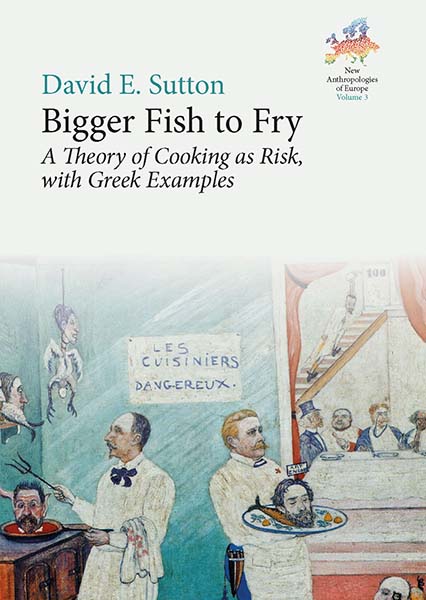 Published September 2021
Published September 2021  Published April 2018
Published April 2018  Published December 2007
Published December 2007 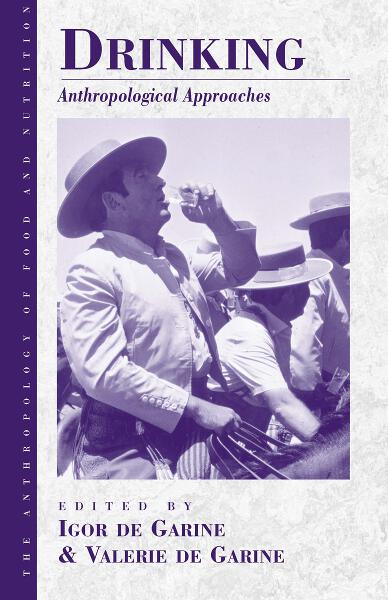 Published December 2001
Published December 2001 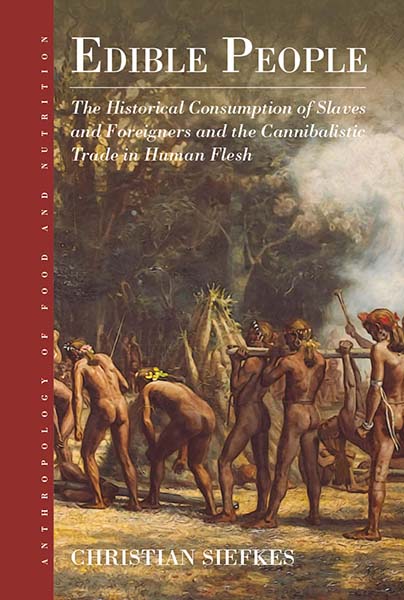 Published September 2022
Published September 2022 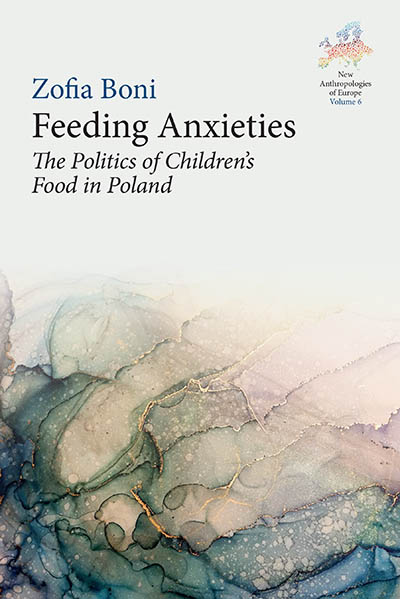 Published March 2023
Published March 2023 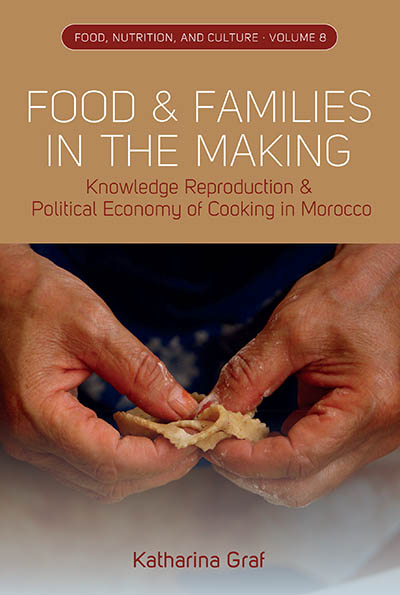 Published April 2024
Published April 2024 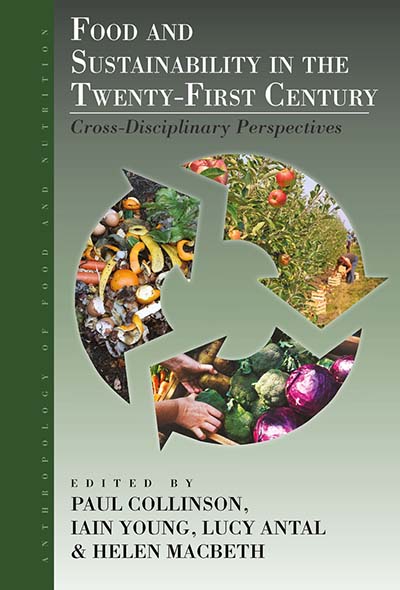 Published June 2019
Published June 2019 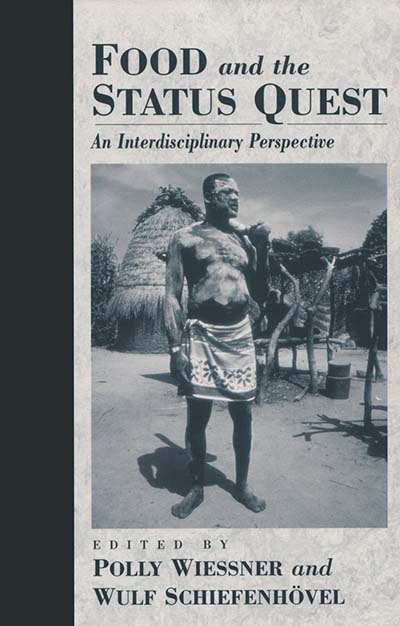 Published May 1996
Published May 1996  Published October 2025
Published October 2025 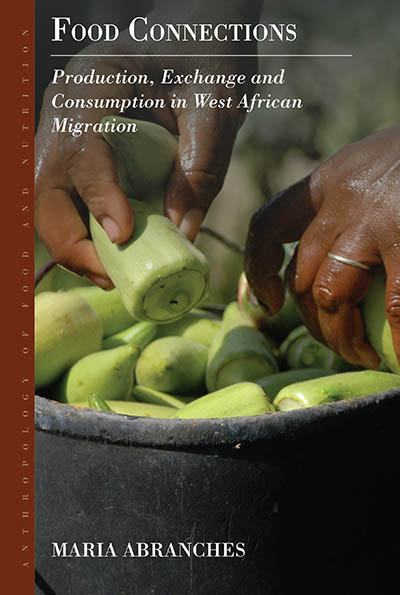 Published May 2022
Published May 2022 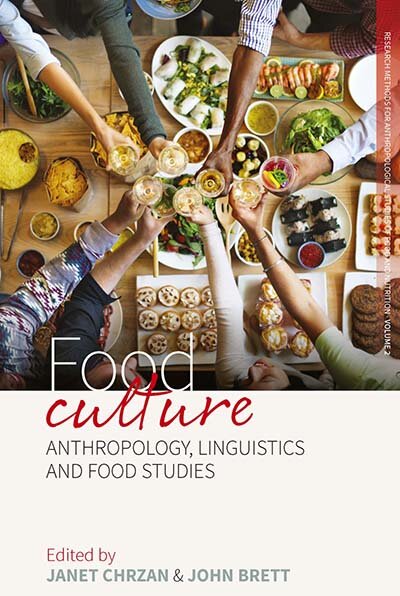 Published February 2017
Published February 2017 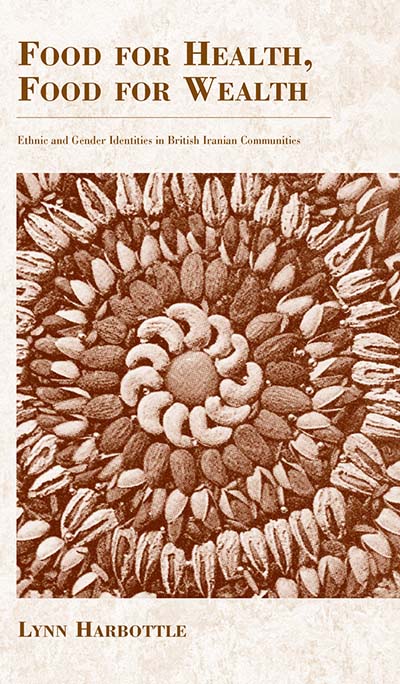 Published September 2000
Published September 2000 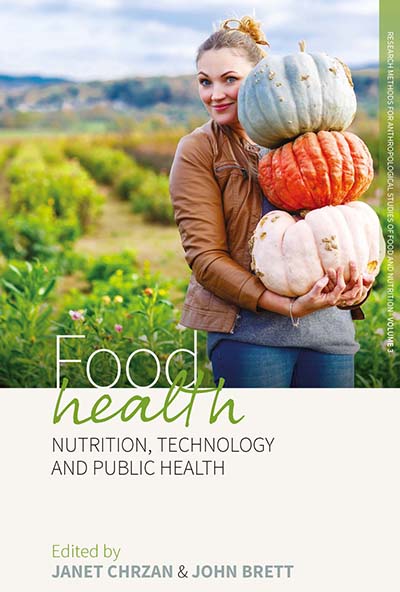 Published February 2017
Published February 2017 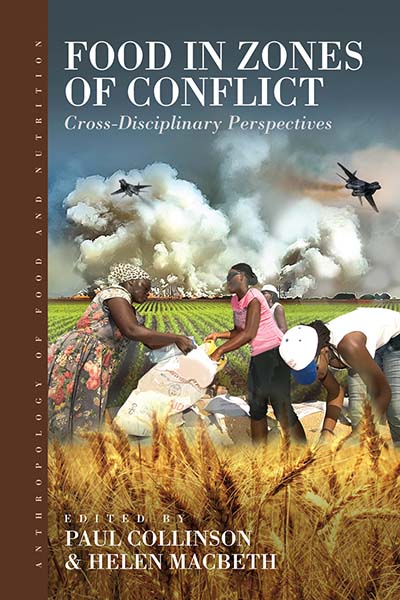 Published September 2014
Published September 2014 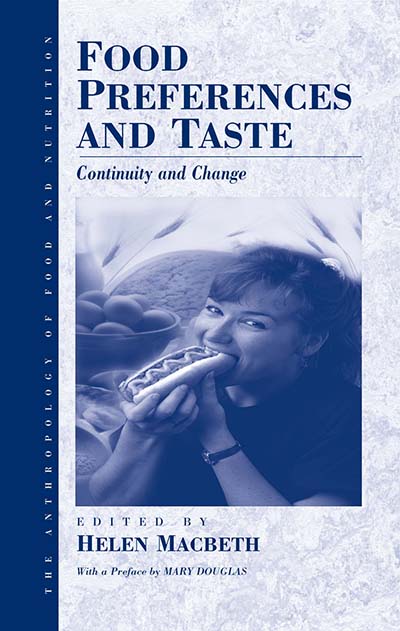 Published November 1997
Published November 1997 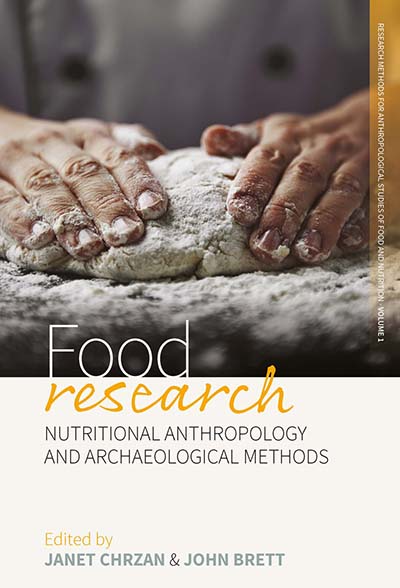 Published January 2017
Published January 2017  Published November 2025
Published November 2025 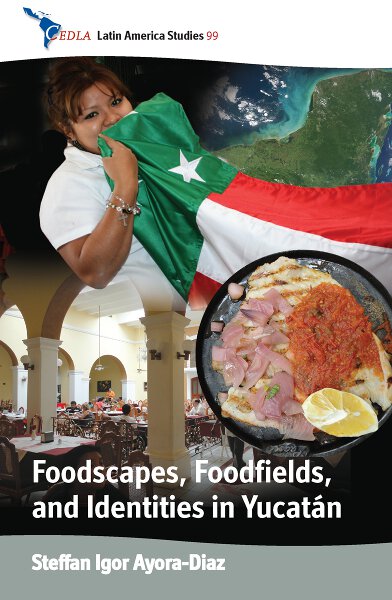 Published January 2012
Published January 2012 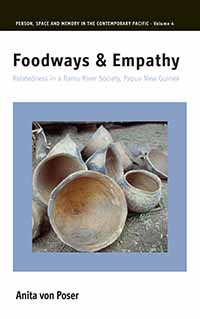 Published July 2013
Published July 2013 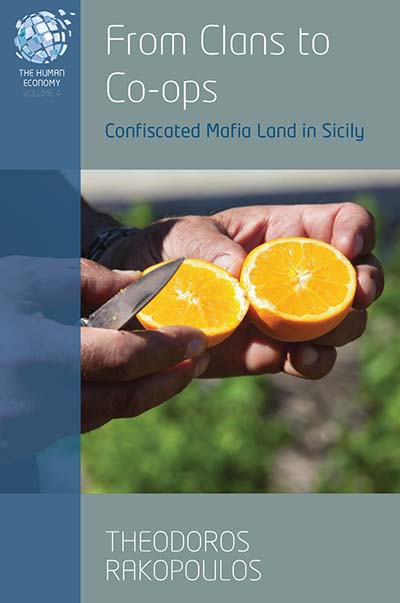 Published November 2017
Published November 2017  Published March 2015
Published March 2015 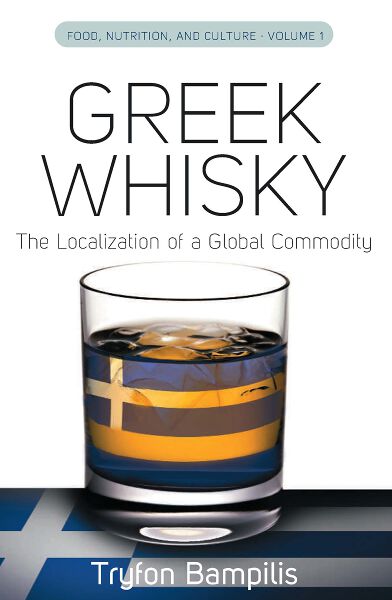 Published April 2013
Published April 2013  Published October 2016
Published October 2016 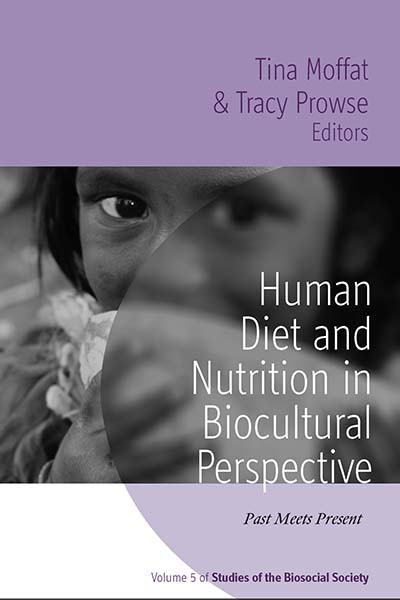 Published December 2010
Published December 2010 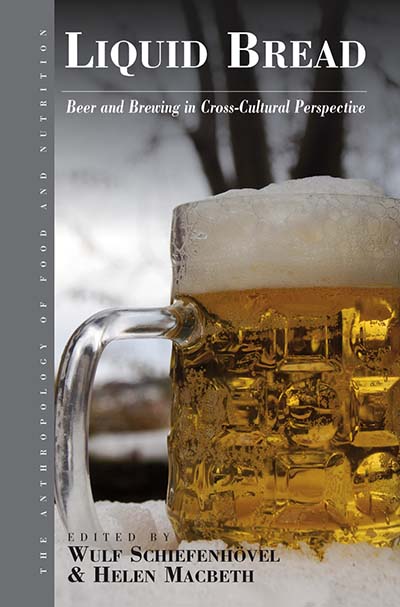 Published May 2011
Published May 2011 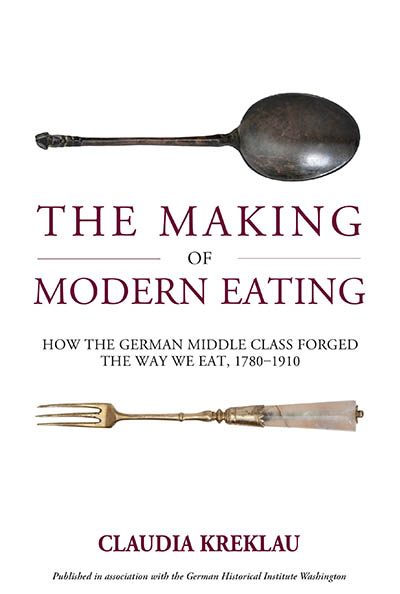 Forthcoming February 2026
Forthcoming February 2026 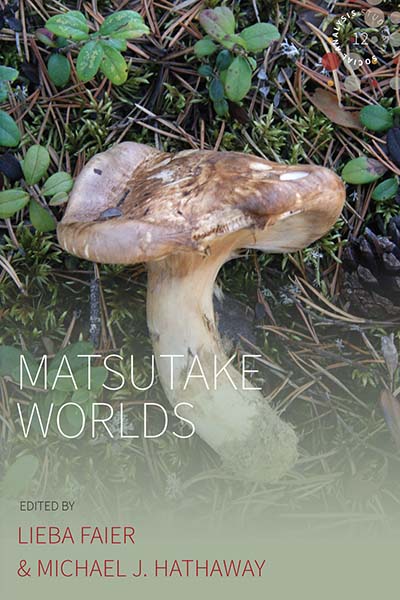 Published July 2021
Published July 2021 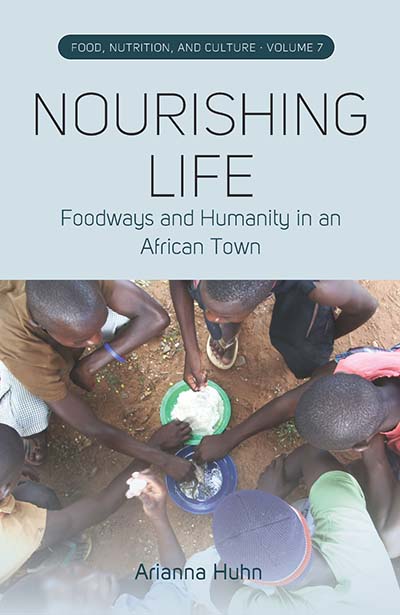 Published September 2020
Published September 2020 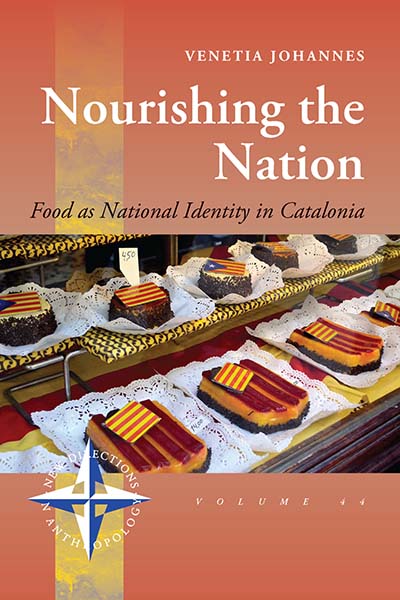 Published November 2019
Published November 2019  Forthcoming May 2026
Forthcoming May 2026  Published July 2023
Published July 2023 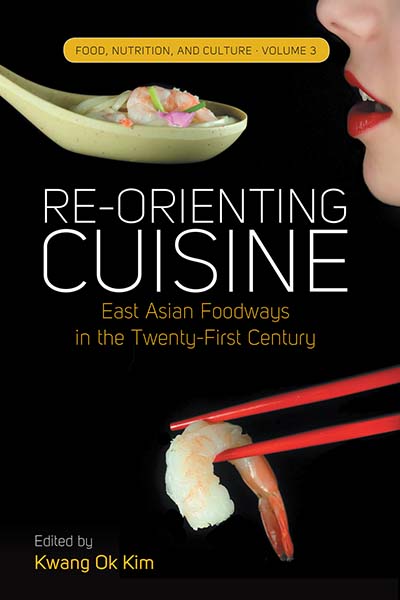 Published February 2015
Published February 2015 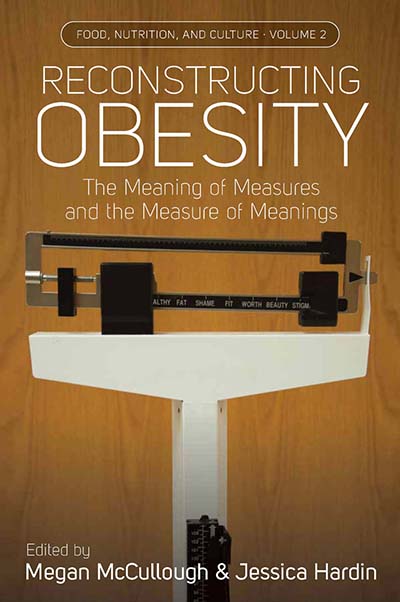 Published October 2013
Published October 2013 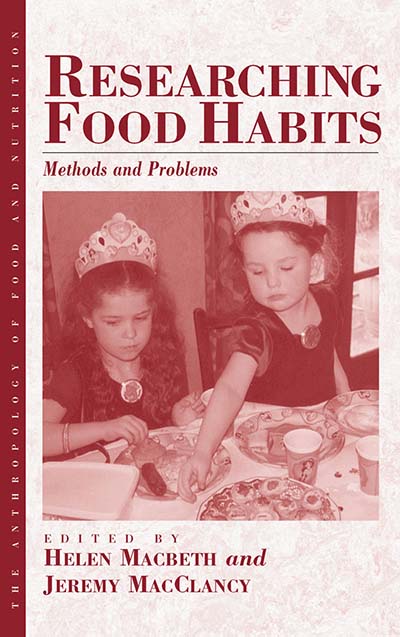 Published February 2004
Published February 2004 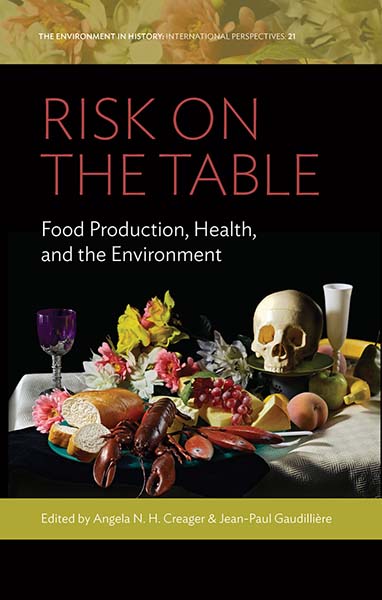 Published January 2021
Published January 2021 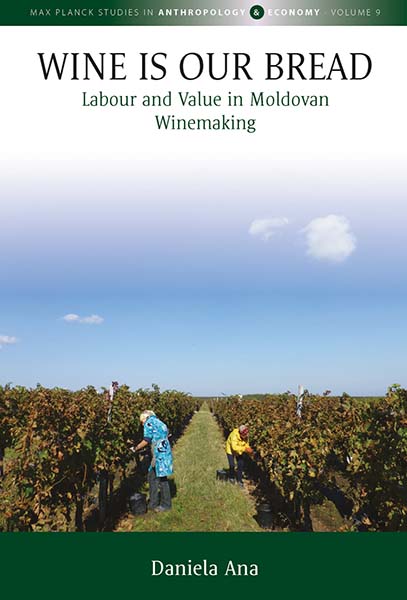 Published May 2022
Published May 2022